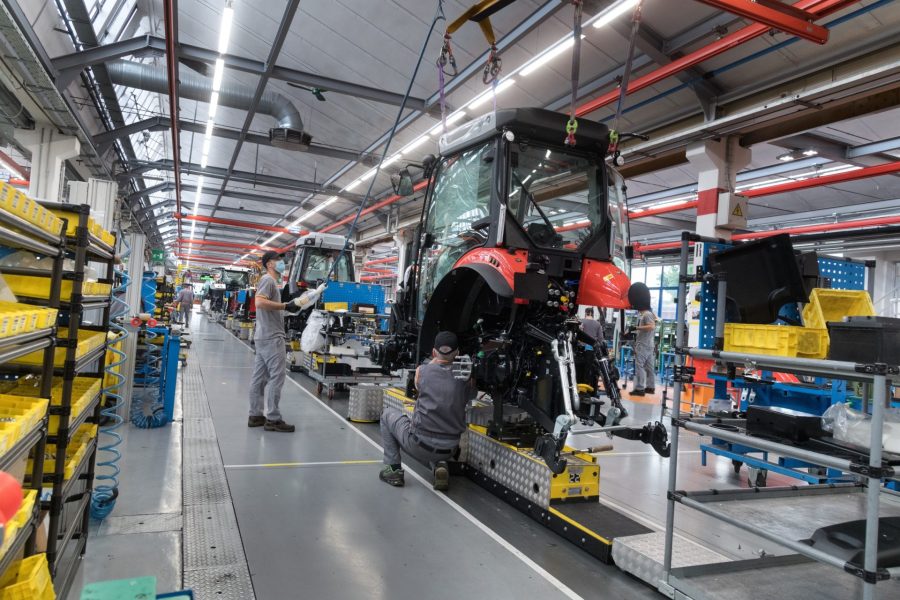The SDF Group and Fondazione SAME are helping two research projects run by IRCCS – Ospedale San Raffaele di Milano. In all €800,000 is being donated.
The first of these projects is guided by Professor Giancarlo Comi, director of the Institute of Experimental Neurology, which is studying the use of hyproxychloroquine which is already used an anti-malarial drug and for the treatment of rheumatoid arthritis and systemic lupus erythematosus.
The PRECOV study, will cover 800 doctors and nurses actively working to fight the pandemic at Ospedale San Raffaele, aims to determine whether taking hydroxychloroquine preventively can reduce the risk of infection and affect the progression of the disease.
“SDF and Fondazione SAME have built a consolidated relationship with Professor Comi and are pleased to have continuously contributed to his work towards the treatment of multiple sclerosis,” states Francesco Carozza, chairman of Fondazione SAME. “It is therefore a source of great satisfaction to be able to support the PRECOV study he is directing.”
The second project’s objective is to create a high-level biosafety laboratory (level P3) capable of studying animal models with cutting-edge technology such as intravital microscopy, which allows researchers to view the dynamic interactions between the virus and host cells in real time, and single cell sequencing, which shows how individual cells from the host change when they encounter the virus and after the encounter.
This technology is usually used to study other, equally dangerous, viruses like the virus that causes hepatitis B and the viruses behind some haemorrhagic fevers.
“When the scientific director at San Raffaele, professor Gianvito Martino, informed us of the project we immediately met with professor Luca Guidotti, to learn more about it and quickly realised that this was a research project we wanted to support,” says Lodovico Bussolati, SDF’s Chief Executive Officer.
The financing will allow the biosafety laboratory to be reconfigured and will support the purchase of the necessary technology and an increase in dedicated staff.
“Studying infectious diseases in animal models is very complex and dangerous. The risk of infection is higher for researchers, which is why a great deal of resources and experience are needed,” explains professor Guidotti. “Our objective is to participate in the international fight against the coronavirus by providing the only laboratory and technology of this kind in the world.”
These tools will allow scientists to observe the battle between the cells of the immune system and the virus, which reproduces itself in the host’s tissues, in real time and at very high resolution. Observing this extraordinarily complex scenario, which varies from one infectious disease to another, often uncovers secrets that are useful for developing new treatments and vaccines.
In supporting these two projects SDF and Fondazione SAME achieve two objectives: Firstly to bring the current crisis to an end as soon as possible, and secondly to be better prepared for future health emergencies.






